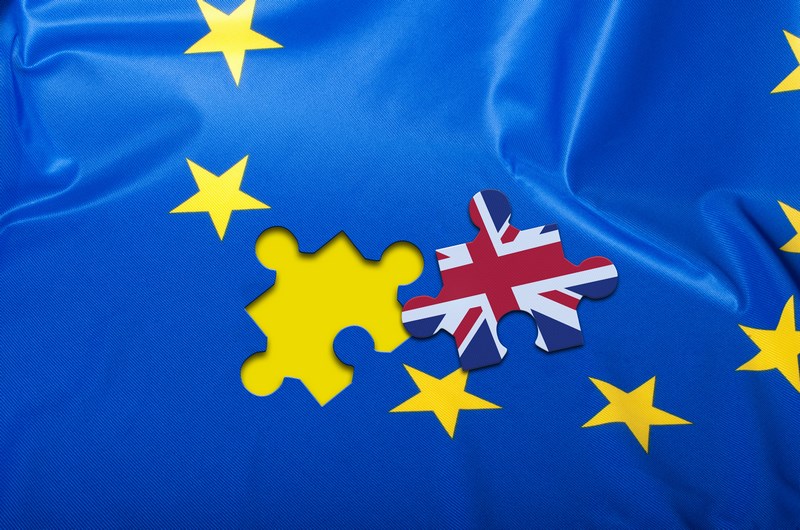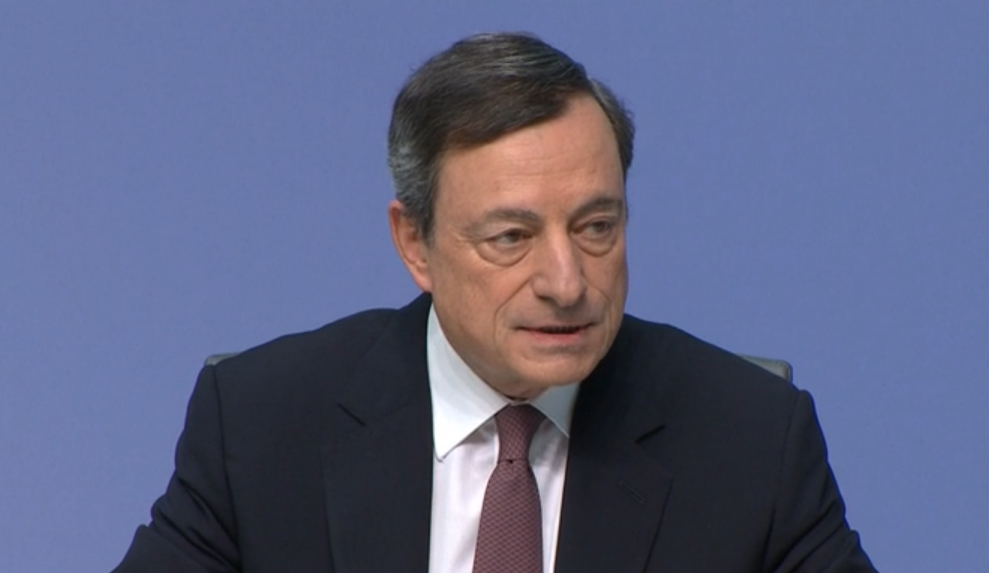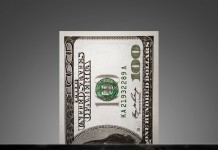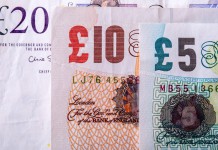EU set to be tough on Financial Services.
French President Emmanuel Macron struck a conciliatory tone in comments made yesterday saying that he saw no reason that the UK couldn’t achieve a “bespoke” trade deal with the EU following Brexit. He avoided use of the term “cherry picking much favoured by his colleagues, but it was clear that the European Council are going to try to separate the rate in goods for the trade in services.
 Access to the single market for financial transaction is going to be a major battleground when negotiations recommence in late March and EU Chief Negotiator, Michel Barnier has already said the UK won’t have access to the financial passport which allows a financial institution with a license in one EU state to operate in all EU states.
Access to the single market for financial transaction is going to be a major battleground when negotiations recommence in late March and EU Chief Negotiator, Michel Barnier has already said the UK won’t have access to the financial passport which allows a financial institution with a license in one EU state to operate in all EU states.
An agreement on trade in goods will favour the EU which operates a trade surplus with the UK but any restriction on trade in services will hit the UK hard given the pre-eminence of the City of London. A position much craved by Paris and Frankfurt. The pound continues to rally with no real substance as technical levels are eroded. The 1.4000 level which will mark the 68% retracement of the fall following the Brexit referendum will likely bring strong resistance.
Budget deal still a long way from agreed.
The wrangling in the U.S. over the Federal budget rumbles on with no agreement in sight despite a temporary pact that will last a couple of weeks and avoid a complete shutdown.
The issues that Republicans and democrats are arguing about are nothing new and centre around healthcare. Democrats are keep for several proposals particularly around child health to be funded while Republicans and the President dig their heels in. This is nothing new but there is an interesting precedent being set. Shutdowns of Federal offices are nothing new, but this is the first time it has happened while the President, and control of both houses are held by the same party. Critics are pointing to the lack of support President Trump has even from his own, supposed, supporters.
The greenback is suffering badly but this is in line with Trump’s demands for a lower dollar. It is purely coincidental and a comment on his Presidency, but he will take any win he can in the present environment.
The future path of interest rates will be the long-term determinant of the dollar’s level but with other G7 members considering withdrawal of stimulus the dollar may be set to continue to exhibit weakness.
ECB to provide direction to common currency.
This week’s ECB meeting is unlikely to deliver decisive action on the withdrawal of the Asset Purchase Scheme but may provide a timetable for its tapering.
 Mario Draghi is known to favour a cautious approach especially considering the effect an announcement is likely to have on the value of the Euro with further strength to come as the tapering narrows policy differences between the Eurozone and U.S. Draghi is concerned that nascent growth in the weaker Eurozone economies will be choked off by the double blow of higher borrowing costs and a stronger currency that will affect both domestic growth and the ability to export.
Mario Draghi is known to favour a cautious approach especially considering the effect an announcement is likely to have on the value of the Euro with further strength to come as the tapering narrows policy differences between the Eurozone and U.S. Draghi is concerned that nascent growth in the weaker Eurozone economies will be choked off by the double blow of higher borrowing costs and a stronger currency that will affect both domestic growth and the ability to export.
The single currency has rallied by more than 20% in a year which has dampened inflation considerably but still Germany continues to call for a normalization of monetary policy since its models predict the return of inflation later in the year.
The Italian election could also bring about further volatility especially a rise in nationalism or a strong showing form one of the anti-EU opposition parties. Germany also needs to find a solution to is coalition crisis if Mrs Merkel is to continue to influence EU affairs.
















